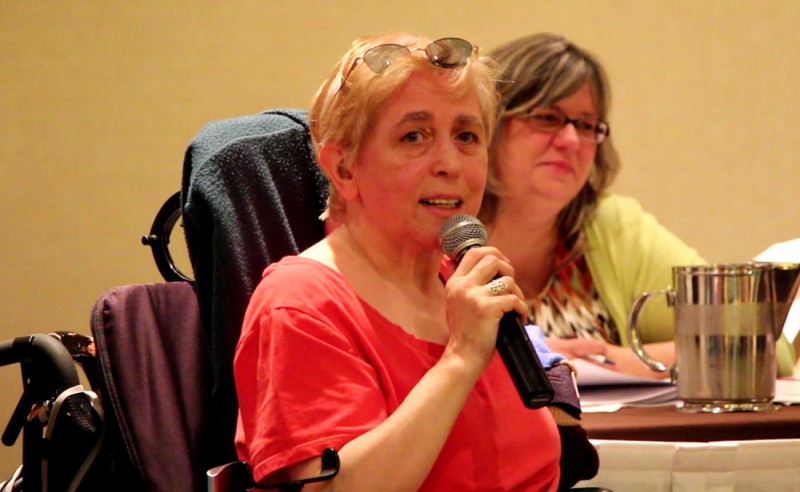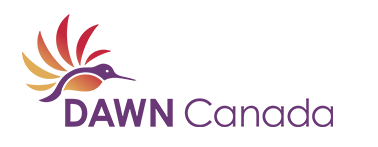This is not a new problem - disability, cause and effect

Maria Barile was one of our Founders and a feminist who had a strong intersectional understanding of the barriers faced by women with disabilities before the rest of us had caught up with Kimberlé Crenshaw or bell hooks. In addition to being a dear colleague, Maria was a passionate feminist disability and environmental activist and a scholar.
In the months preceding her (preventable) death, Maria Barile was engaged in a research project on access to breast cancer screening for women with disabilities in Montreal, with us and our partners at Inclusion Canada. The question was one of access for sure but it was also about CAUSE AND EFFECT and the consequences of good or bad (ableist) laws and policies.
This year our NAAW event hopes to provoke some reflection (and calls to action) because for too many people, disability is linked to cause and effect. Preventable! The rates of disability among women, Indigenous and Black people are higher for a reason. What does this have to do with access? We know that not having equitable access to health care can result in disability (or even death). We know gender- based violence results in disability. We know that poverty or lack of housing can results in disability. We know that climate change and its effects result in disability.
I invited our National Director, Samantha Walsh and our Senior Research Associate, Sonia Alimi to read a paper that Maria Barile wrote and published in 2002 entitled “Individual-Systemic Violence: Disabled Women’s Standpoint” in anticipation of our NAAW events. Neither of these brilliant young women knew Maria personally but both of them have taken something from her work and our theme, CAUSE & EFFECT and applied it to some part of their/DAWN’s research. Look for blogs from both of them in our wrap up at the end of this week.
Bonnie Brayton
Chief Executive Officer
DAWN Canada
